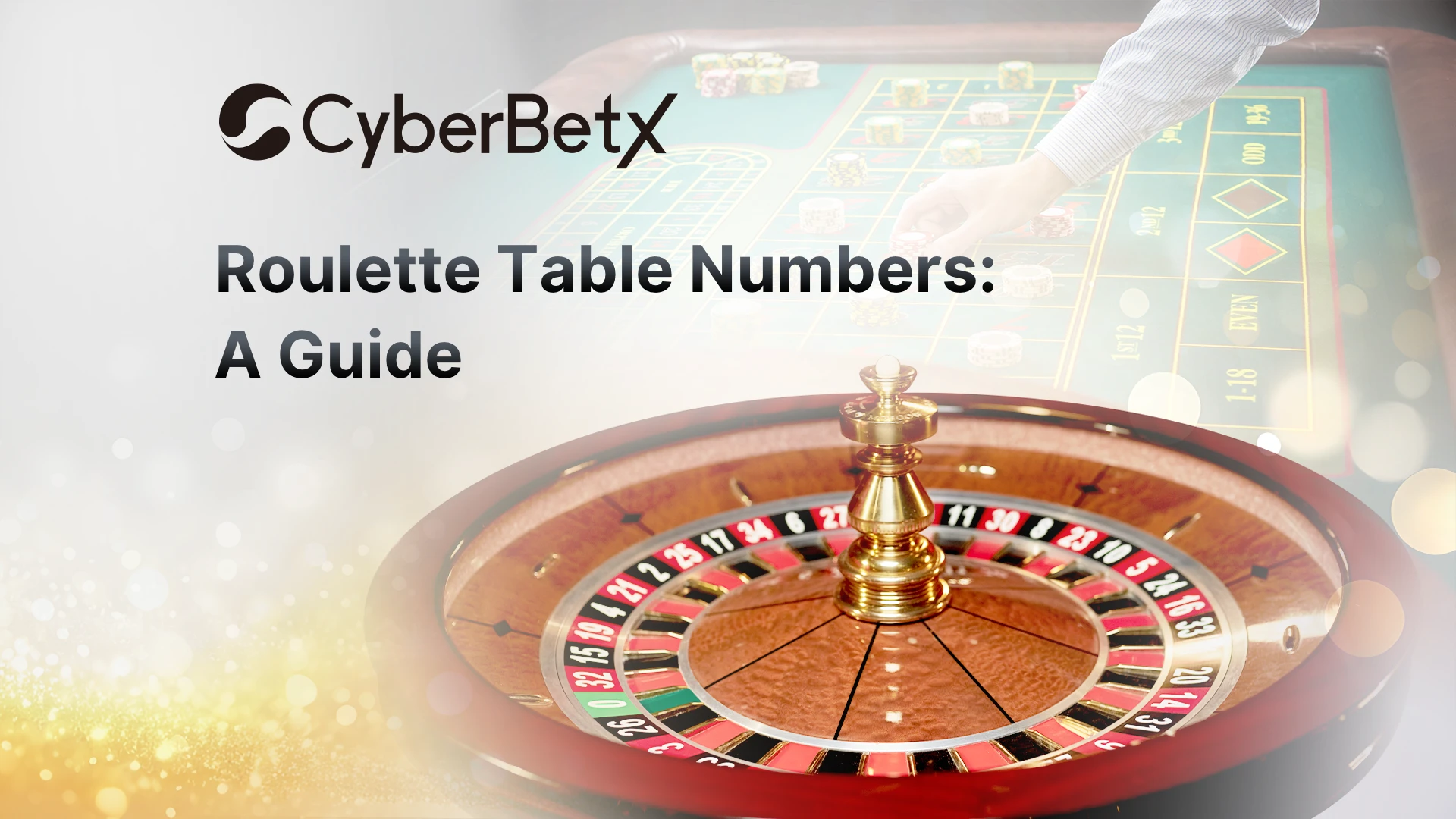How Many Numbers Are on a Roulette Table? Complete Guide
 If you've ever stepped into a casino or watched a roulette game online, you might have wondered about the precise layout of those red and black numbers spinning around the wheel. The answer isn't as straightforward as you might think—it depends on which version of roulette you're playing.
Understanding the number of slots on a roulette table is crucial for any player looking to make informed bets and grasp the odds they're facing. Let's break down the different types of roulette wheels and what those numbers mean for your gaming strategy.
If you've ever stepped into a casino or watched a roulette game online, you might have wondered about the precise layout of those red and black numbers spinning around the wheel. The answer isn't as straightforward as you might think—it depends on which version of roulette you're playing.
Understanding the number of slots on a roulette table is crucial for any player looking to make informed bets and grasp the odds they're facing. Let's break down the different types of roulette wheels and what those numbers mean for your gaming strategy.
Types of Roulette and Number Variations
Roulette comes in several variations, each with its own unique number configuration. The two most common types you'll encounter are European and American roulette, though French roulette also exists with its own subtle differences. European Roulette features 37 numbers total: the digits 1 through 36, plus a single green zero (0). The numbers 1-36 alternate between red and black colors, while the zero remains green. American Roulette contains 38 numbers: the same 1-36 red and black numbers, plus both a single zero (0) and a double zero (00). Both zeros are colored green. French Roulette mirrors European roulette with 37 numbers but includes special rules like "La Partage" and "En Prison" that can affect certain bets.
American vs. European Roulette: Key Differences
The distinction between American and European roulette goes beyond just one extra number. That additional double zero in American roulette significantly impacts the game's mathematics. European roulette wheels give the house an edge of approximately 2.7%. With 37 total numbers, your odds of hitting any single number are 1 in 37, while the payout remains 35 to 1. American roulette increases the house edge to about 5.26% due to that extra zero slot. Your chances of hitting a single number drop to 1 in 38, but the payout stays at 35 to 1—meaning the casino's advantage nearly doubles. This difference might seem small, but over time, it adds up considerably for frequent players.
Why the Number of Zeros Matters
Those green zeros aren't just decorative—they're where the casino makes its money. When the ball lands on any zero, most standard bets (like red/black, odd/even, or high/low) automatically lose. The zeros create scenarios where neither the traditional "winning" nor "losing" outcomes occur for many bet types. Instead, the house collects these bets, which is how casinos maintain their mathematical advantage over players. With European roulette's single zero, this happens once every 37 spins on average. American roulette's double zero means it occurs twice every 38 spins, effectively doubling the frequency of these house-favorable outcomes.
Betting Strategies and Number Choices
Knowing the exact number count helps inform various betting approaches. Some players prefer European roulette specifically because of the better odds, while others don't mind the extra challenge of American roulette. Outside bets (like red/black or odd/even) cover larger portions of the numbers but offer smaller payouts. With 18 red numbers and 18 black numbers out of 36 colored slots, you're covering nearly half the wheel—except for those pesky zeros. Inside bets on specific numbers or small groups offer higher payouts but lower probability. Understanding that you're choosing from 37 or 38 total numbers helps set realistic expectations about hit frequency. The key is recognizing that regardless of which variation you play, the house maintains a mathematical edge built into the wheel's number structure.
Understanding Your Odds at the Table
Roulette's appeal lies partly in its simplicity, but the number of slots on the wheel fundamentally shapes every aspect of the game. European roulette's 37 numbers offer better player odds than American roulette's 38, making it the preferred choice for serious players when available. Whether you encounter 37 or 38 numbers, remember that roulette remains a game of chance where the house edge is built into the very structure of the wheel. Understanding these numbers won't guarantee wins, but it will help you make more informed decisions about where to place your chips. Next time you approach a roulette table, you'll know exactly what those spinning numbers represent—and why that difference of just one slot can make a meaningful impact on your gaming experience.


